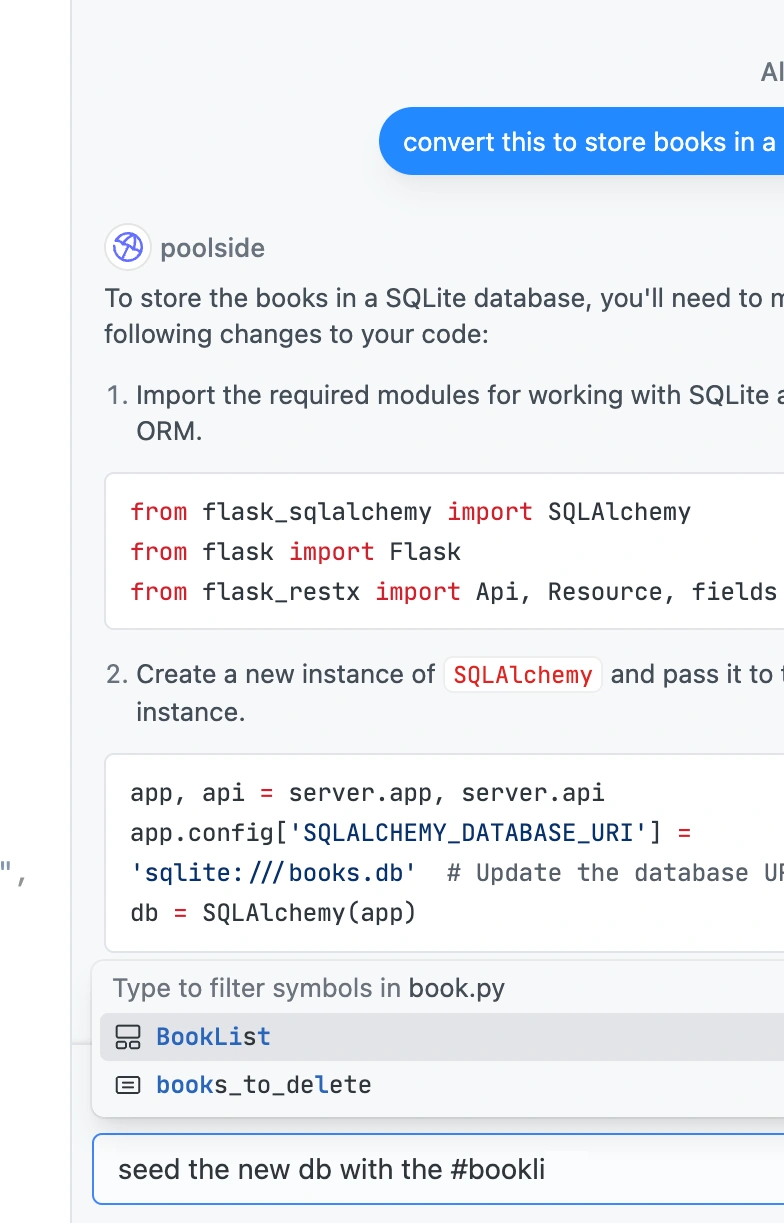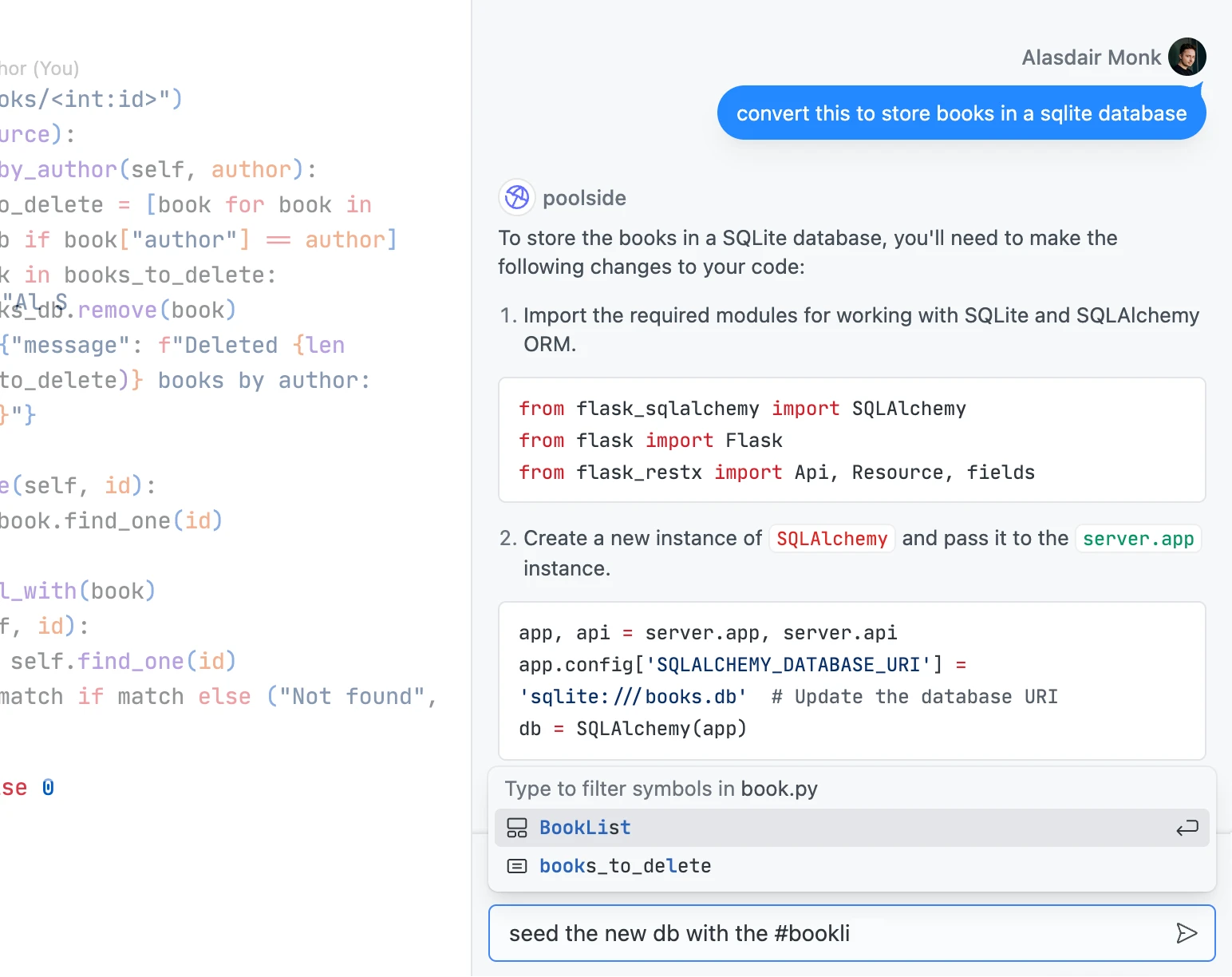The next twenty years in history...
In twenty years, we will look back at this moment and talk about how it was a turning point in humanity’s shared story: unlocking an ability for us to scale our intelligence and direct it to the world's shared challenges.
To quote Richard Feynman, “We are at the very beginning of time for the human race,” and we can never forget that what we have is special and fragile. It doesn’t just require progress, it requires constant climbing to the top of the next mountain.
AGI, Space, and Energy are the three mountains humanity will successfully climb in the 21st century. And we have decided to dedicate ourselves to AGI.
AI has the potential to drive abundance for humanity in the 21st century at a magnitude larger than the last 100 years of technological progress.
All of history’s technological progress continues to compound, and scaling intelligence is the next arc in humanity’s story. Today AI is undergoing its personal computer moment. What comes next will look obvious in hindsight. We are on an exponential curve for AI to surpass humans in intelligence — AGI. The second order effects of this will be that the majority of scientific progress and economically valuable work will be done together with AI. The only limit to what we can achieve will be the amount of compute and energy we can deploy to power AI.
Sharing some of our research direction on the road to AGI
In our opinion [], self-supervised learning from next token prediction has already unlocked a promising path to AGI.
However, AI today is highly inefficient at learning from data and requires orders of magnitude more data than humans to learn. For learning certain capabilities, such as language understanding, the world has plenty of large scale data that models can learn from, for most others it doesn’t and requires novel techniques to gather it.
Our point-of-view is that in a world of unlimited data & compute, the world would have already reached AGI.
It is because of the limitations on data and compute that we believe software development will be the first major economically impactful capability in which we will see AI reach and surpass human level capabilities.
We believe for models to become highly capable in software development, they need deterministic feedback to improve both their reasoning and coding capabilities.
This is easily illustrated in software development today: As a developer when we are provided with a task, we don’t output perfect code straight away. We first think [], we write our code and we execute it. Did the code do what we expected it would? When we get feedback that it doesn’t, we attempt a different solution and iterate. This feedback from executing code while exploring possible solutions is what improves our reasoning and capability to build software.
We believe large language models trained on language and code require the same feedback as us but at a scale of magnitude larger to learn the same capabilities.
We therefore developed Reinforcement Learning from Code Execution Feedback (RLCEF []). Today at Poolside, our models explore solutions for millions of tasks across 130,000 real world code bases (an ever increasing number) in which they receive execution feedback for every solution they attempt. While an incredible scale, it is still far from what is required for models to reach human level capabilities in software development. With this new funding round we have been able to scale our training cluster to 10,000 GPUs and start the work of scaling up both RLCEF and our model training.
It’s not just about the research
To succeed in building the future, we must not only succeed at moving the technology forward, we must create a company with a powerful enough economic engine to fund the endeavor. We therefore see the world in front of us, as two races Poolside is running in parallel:
- The capabilities race, which requires us building advantages in talent, compute, research and data.
- The go-to-market race, which requires building advantages in talent, product and distribution.
The capital raise we’ve announced today supports us in both.
We spoke a bit about the capabilities race. Let’s talk about the go-to-market race. We haven’t just been building foundation models, we’ve been building a product.
Today, early customers and partners are pressure-testing our product in the toughest environments: enterprises with the highest standards of privacy and security; each of whom employs thousands (if not tens of thousands) of developers and has decades of history in very complex data environments; and where business stakes are too high to experiment with every tool that comes to market.
The enterprise is the proving ground, but our goal is over time to make Poolside accessible to anyone in the world who wants to build software.
Bringing the superpower of building technology to everyone
Today, the power of building technology is locked behind high barriers of entry: there are too few developers to tackle the world’s hardest challenges. Changing that will release an explosion of ideas, and those ideas will be able to be realized. It’s the beginning of a supercycle unlike any we’ve seen before.
Each prior human unlock — whether the printing press, electricity, computers, the internet or the smartphone — has dramatically improved our quality of life. With increasingly more capable AI for software development, we don’t just supercharge the world’s developers but increase the number of people who can build software. In the next decade, anyone will be able to create complex software without needing to know how to code.
The ability to see a problem, and build technology to solve it, is a super power that we want to bring to everyone. The mission is big. The approach is hard. It’ll be expensive. And it’ll be so worth it.
Stay tuned here for more on our progress towards AGI, news about our products and behind the scenes stories of a deeply passionate team working from across the world on one of the world's hardest challenges.
If the above speaks to you, and you want to show up every day to work with kind hearted, low-ego, hard working, intellectually curious people, who want to do the best work of their life, reach out to us.

